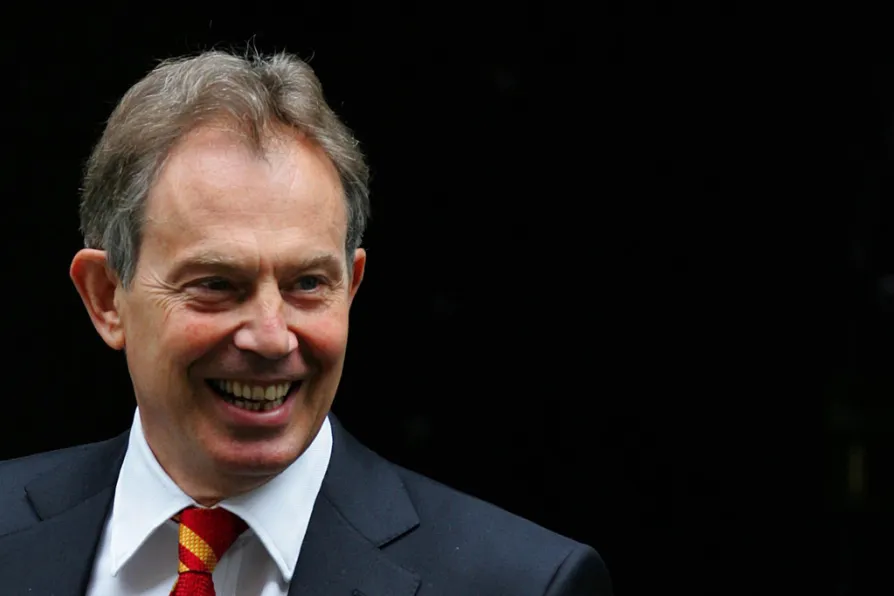As tens of thousands return to the streets for the first national Palestine march of 2026, this movement refuses to be sidelined or silenced, says PETER LEARY


THE early morning train journey on Friday May 2 1997 was a happy experience. With barely three hours’ sleep and a serious hangover from the previous night’s post-election party, I was on my way to catch the Eurostar to Brussels to speak at an International Workers’ Day rally.
The train was packed with people happily abandoning the normal reserve of the London commuter to beam at each other in delighted celebration of the most significant Tory defeat in decades.
The Tories went from 343 Commons seats to 165.
Labour ended two decades of opposition to form an administration buttressed by an unprecedented 418 seats in Parliament. The Tories were shattered.
Tony Blair entered No 10 on a wave of euphoria propelled by a tide of expectations that things could only get better.
I had my doubts that this enthusiasm would be rewarded with very substantial changes and when — under intense cross-examination — I conveyed these doubts to my largely left-wing audience in Brussels they were surprised at my pessimism.
These doubts had grown in the weeks and month prior to the election and were in contrast to the great optimism with which many working people viewed Labour’s victory.
Having spent the previous decade editing the various newspapers of the National Union of Civil and Public Servants (NUCPS) — soon to merge with other public-sector unions to form today’s PCS — policy issues arising from the work of each government department was my daily business.
During the years of Thatcherism and John Major’s premiership the trade unions were in the forefront of campaigning. NUCPS was particularly active in the campaigns against the privatisation of public services, outsourcing and against changes in the social security system that reduced benefits and made work harder for benefit staff.
Starting from the early position where shadow Labour ministers were, as we expected, critical of bedrock Tory economic policies, we began to chart a trend where every expectation by the host of campaigning groups and trade unions that Labour’s manifesto would chart a new course was met with hesitation, delay and denial.
In area after area — child poverty, low pay, benefit changes, anti-union laws, public ownership, tenancy rights, public transport and housing — the word came back.

Starmer sabotaged Labour with his second referendum campaign, mobilising a liberal backlash that sincerely felt progressive ideals were at stake — but the EU was then and is now an entity Britain should have nothing to do with, explains NICK WRIGHT

Reform’s rise speaks to a deep crisis in Establishment parties – but relies on appealing to social and economic grievances the left should make its own, argues NICK WRIGHT












